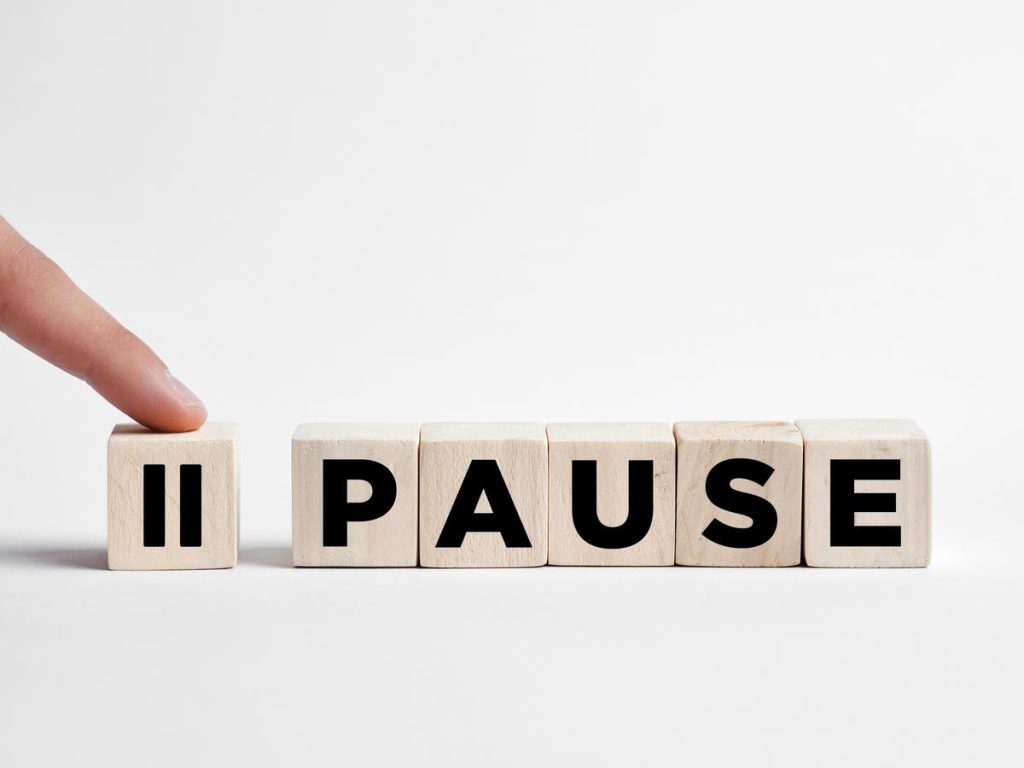A federal judge has issued a stay on the U.S. Chamber of Commerce’s lawsuit challenging the Federal Trade Commission’s ban on non-compete agreements. The FTC issued a final rule on April 23, 2024, banning non-compete agreements, which are deemed unfair competition under section 5 of the law. Ryan, a global tax services and software provider, filed a legal challenge against the new rule, claiming it places an undue burden on businesses seeking to protect their intellectual property and retain top talent. Four associations, including the U.S. Chamber of Commerce and the Business Roundtable, filed a joint lawsuit against the FTC in response to the ban.
The FTC’s final rule on non-compete agreements followed a proposed rule introduced in January 2023, which received over 26,000 public comments, the majority being supportive of the ban. The FTC estimated that around 30 million American workers are subject to non-compete agreements, which it deemed to be in widespread use throughout the economy. The legal arguments raised by the Chamber and its co-plaintiffs in their lawsuit are similar to those raised by Ryan, questioning the FTC’s authority to issue substantive rules or ban non-compete clauses. They argue that the FTC’s action of retroactively invalidating non-compete clauses without individualized consideration violates the law.
In response to multiple lawsuits challenging the FTC’s ban on non-compete agreements, Judge J. Campbell Barker granted the FTC’s motion to apply the first-to-file doctrine. This doctrine gives priority to the first party to file a lawsuit when two parties file similar suits in different jurisdictions. As a result, Judge Barker issued a stay in the Chamber of Commerce case, pausing the legal proceedings temporarily. The Chamber and other parties involved in the lawsuit have the option to intervene or join Ryan’s case, which could lead to a unified legal challenge against the FTC’s rule.
The stay issued by Judge Barker provides a pause in the legal proceedings regarding the non-compete ban, allowing time for the parties involved to consider their next steps. The Chamber of Commerce and the other plaintiffs have not immediately commented on the stay, while the FTC declined to comment on the matter. The resolution of these lawsuits could have significant implications for businesses seeking to enforce non-compete agreements and protect their intellectual property. The case, titled Chamber of Commerce of the U.S. v. FTC, is ongoing in the U.S. District Court.















